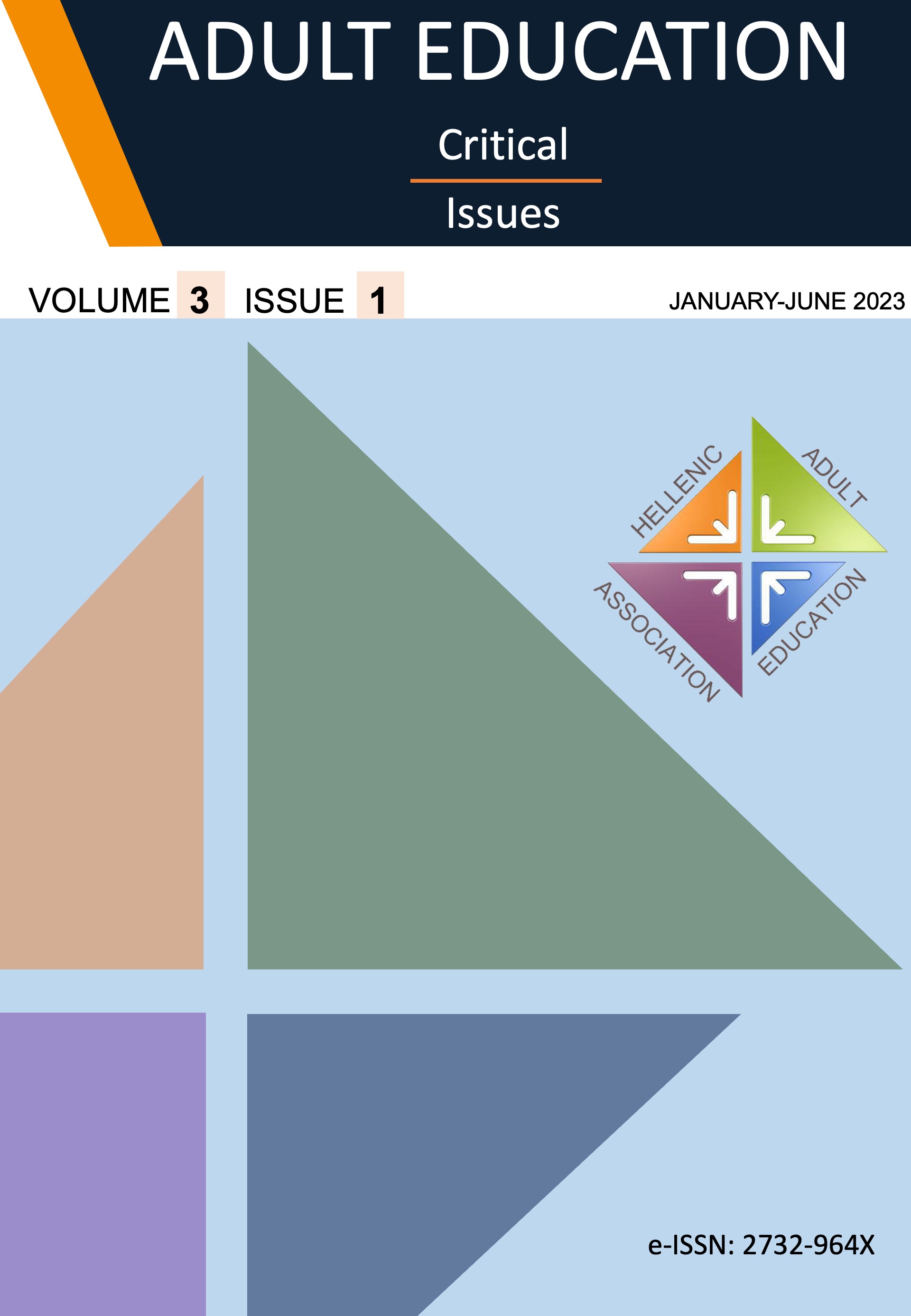Teachers as Adult Learners: Their need to Transform

Abstract
In today's school, it is no longer the abundance of knowledge that matters, but the methods of acquiring it, the cultivation of skills, and the preparation of students to become active citizens and not just observers. The rapidly changing social environment and lately the Pandemic, have further elevated the role of education by introducing, if not "mandating", lifelong learning for the overwhelmed teachers. Considering the importance and criticality of the school's mission, the importance of the teacher's duties and the challenge in the implementation of their work can easily be seen. In this article, we will briefly explore three of the most basic theories of adult education and significant aspects of constructivism, whose tenets also undergird, teachers’ continuous and imperative need of adults’ lifelong learning. The theories discussed are the Andragogy of Knowles, Freire’s educational Social Change, and Mezirow’s Transformation Theory, as a resource for deepening our understanding of the critical matters affecting the need for new ways for teachers to approach their learning and teaching.
Article Details
- How to Cite
-
Papathanasiou, M. (2023). Teachers as Adult Learners: Their need to Transform. Adult Education Critical Issues, 3(1), 26–38. https://doi.org/10.12681/haea.32495
- Section
- Articles

This work is licensed under a Creative Commons Attribution 4.0 International License.
Authors who publish with this journal agree to the following terms:
- Authors retain copyright and grant the journal right of first publication with the work simultaneously licensed under a Creative Commons Attribution License that allows others to share the work with an acknowledgement of the work's authorship and initial publication in this journal.
- Authors are able to enter into separate, additional contractual arrangements for the non-exclusive distribution of the journal's published version of the work (e.g., post it to an institutional repository or publish it in a book), with an acknowledgement of its initial publication in this journal.
- Authors are permitted and encouraged to post their work online (e.g., in institutional repositories or on their website) prior to and during the submission process, as it can lead to productive exchanges, as well as earlier and greater citation of published work (See The Effect of Open Access).


